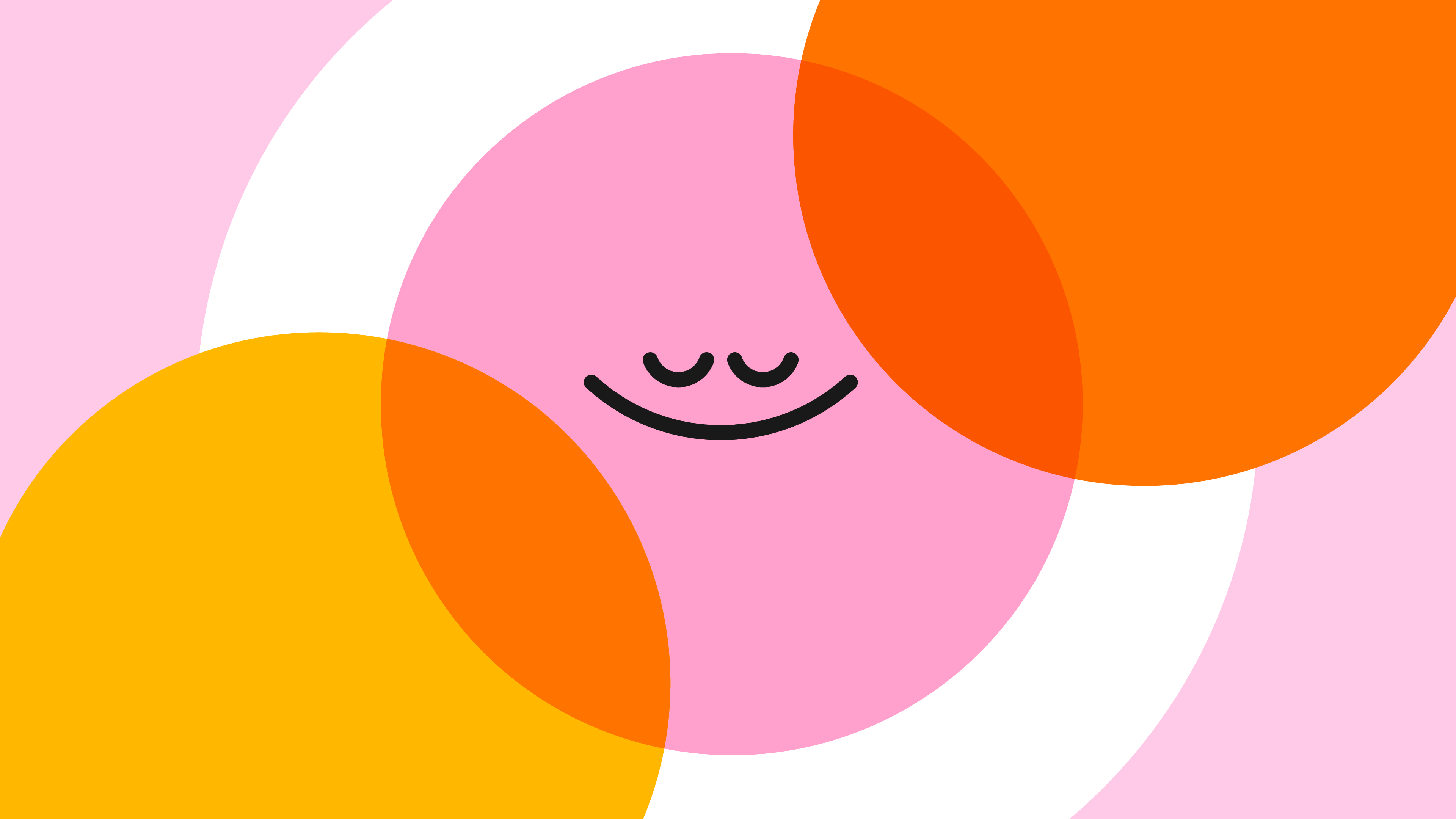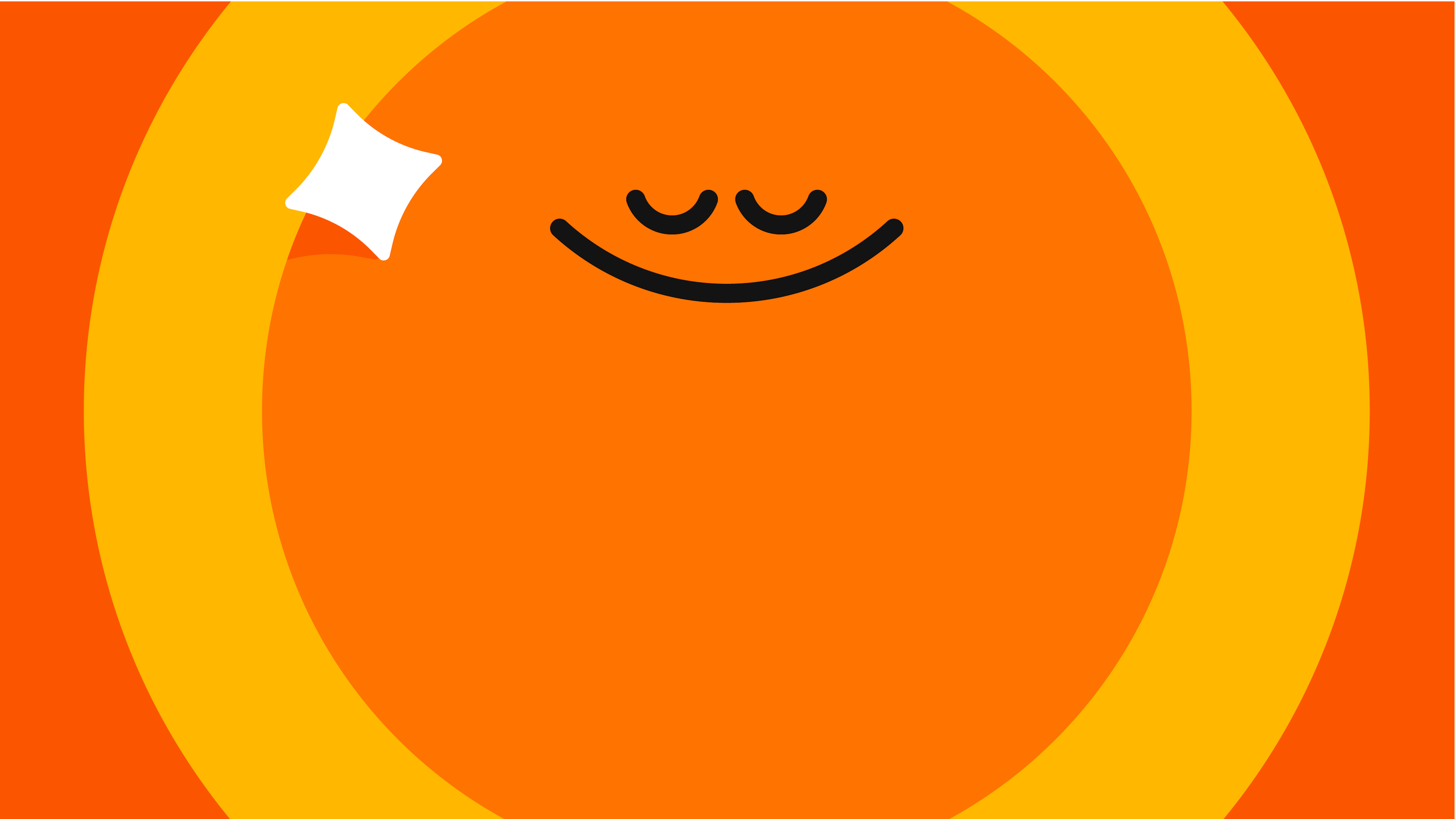How to manage stress: 7 science-backed tips
Published Oct 12, 2023 | Updated Jan 12, 2026
Written by Dr. Adrian Williams

Well-being has many facets. Physical well-being—eating right and exercising the body—is a given, but mental well-being is also crucial to your overall health. However, mental well-being is commonly undermined by anxiety as one in 14 people worldwide is affected at any given time.
The science of stress (and how to manage it)
Stress is a ubiquitous part of busy lives. In response to both anxiety and stress, the brain activates several neural peptide systems, leading to the release of adrenal hormones. Those hormones unleash a fight-or-flight response, which then feeds back to the brain, potentiating the response. This urgent response is appropriate if you are, perhaps, fleeing a tiger or fighting off a bear, but not if you are just stressed or dealing with anxiety.
Why people struggle to manage stress today
In today’s fast-paced world, managing stress has become a daily challenge. Unlike the short bursts of acute stress your ancestors experienced during moments of danger, modern life exposes you to chronic stress from ongoing workplace stress, digital overload, financial stress, and stressful situations in both personal and professional spheres. These persistent stressors can overwhelm the body’s natural stress response, leading to long-term imbalances in stress hormone levels like cortisol. Unchecked stress is closely tied to a range of mental health concerns, including anxiety, depression, and even bipolar disorder, as well as physical symptoms like high blood pressure, muscle tension, and sleep disruption.
What makes stress even harder to manage is the lack of built-in recovery time. Many people don’t learn effective stress management techniques until they’re already facing burnout or serious health problems. Without access to psychological services or practical stress management strategies, such as guided meditation for stress, deep breathing, or regular physical activity, stress accumulates and impacts the whole body. While it’s tempting to ignore everyday stress, building awareness around triggers and adopting simple tools for stress relief can make a significant difference.
How to manage stress in a healthy way
Are you looking for healthy ways to manage your stress levels? Below are some of the best tips for stress reduction.
1. Take control
The act of confronting the problem is in itself empowering. Passive thinking like “I can’t do anything” will only make your stress worse. If you are stressed, the first step to feeling better is to identify the cause and begin to think of solutions.
2. Be active
There is good evidence that exercise is linked to improved self-esteem and well-being through chemical changes in the brain, like giving off endorphins and providing better sleep. You don’t need to spend hours in the gym either. Less than two hours of moderate-intensity aerobic activity per week (such as fast walking or cycling) can do the trick.
3. Connect
Reach out to people around you—family, friends, colleagues, and neighbors. Don’t be afraid to make new friends as an adult. This allows you to share feelings and also support others. Have lunch with a colleague, volunteer at a local school or hospital, or take a class.
4. Keep learning
Gaining new skills can give you a sense of achievement and confidence. Try signing up for a cooking course, learning a new musical instrument, visiting a gallery or museum, or dancing. Instead of focusing on gaining qualifications, use the experience as mental stimulation. Setting targets and hitting them can create positive feelings of achievement. Challenge yourself, whether at work or in your personal life.
5. Give to others
The more you give, the happier you may feel. Even the smallest act can count, like a smile or a “thank you;” or larger ones such as volunteering in the local community. Helping and supporting others and working toward a common goal is good. If you don’t have time to volunteer, try doing someone a favor every day, such as going on a coffee run for your coworkers. Doing something kind stimulates the reward area of the brain, creating positive feelings.
6. Work smarter
Rather than working harder, prioritize your activities and leave the least important task for last. You may need to accept that your inbox will never read “zero” at the end of the day. Also, schedule in some personal time each day, even if it’s just a few minutes.
7. Be mindful
Practicing mindfulness is one of the most effective ways to manage stress. Be aware of your thoughts and feelings, and when your thoughts take over the present moment. Remember these are simply mental events that do not need to control you. Be aware, even as you go about your daily routine by appreciating the journey to work or taking a lunchtime walk.
A 10-Minute Meditation for Stress from Headspace | Mental Health Action Day
10 minutes
How meditation changes the brain and helps with stress
During meditation, increased activity has been shown to occur in brain areas that are involved in the processing of emotions (such as happiness or sadness or fear). This processing is necessary for an appropriate reaction to the situations generating those emotions. The increased activity during meditation can be thought of as exercising these areas of the brain, allowing them to then work more effectively at regulating our emotional responses. Brain composition or morphology also changes with just eight weeks of meditation, with a reduction in stress correlating positively with decreases in grey matter density in the amygdala.
What the science says about mindfulness and mental health
The evidence that mindfulness exercises matter keeps growing. A meta-analysis from the Netherlands of 15 mindful exercise studies showed that meditation had a beneficial impact on depression, stress, anxiety, and well-being. These studies show the potential for online mindfulness exercises to really contribute to improvements in overall mental health.
As behavioral scientist and social psychologist Simon Young, Ph.D., said: “It is a tribute to the accumulated wisdom of humankind that a traditional Buddhist meditation practice going back 2,500 years which was originally designed in part to deal with human suffering, has been successfully adopted to reduce stress and anxiety in healthy people.” So, the take-home message? You can influence your levels of stress and anxiety with simple well-tried social techniques and with a purposeful application of mindfulness.
When to seek professional support
If chronic stress continues despite your best efforts at stress management, it may be time to seek professional support. Signs include persistently high stress levels, disrupted sleep, worsening physical symptoms like muscle tension, high blood pressure, or fatigue, as well as emotional signs such as anxiety, irritability, or low mood. When stressful situations begin to impact your mental health, relationships, or job performance, working with a licensed professional can be a powerful next step.
Online therapy can help you develop a personalized stress management strategy using evidence-based techniques. It can also teach you stress management techniques and show you strategies for reframing your mindset. Seeking help is a proactive move toward better stress relief and long-term well-being.
Sources:
1. Stress Reaction. (2023). In StatPearls. Retrieved from https://www.ncbi.nlm.nih.gov/books/NBK541120/. Accessed on July 28, 2025.
2. Baxter, A. J., Scott, K. M., Vos, T., & Whiteford, H. A. (2013). Global prevalence of anxiety disorders: A systematic review and meta-regression. Psychological Medicine, 43(5), 897–910. https://doi.org/10.1017/S003329171200147X. Accessed on July 28, 2025.
3. Chiesa, A., & Serretti, A. (2009, November 27). A systematic review of neurobiological and clinical features of mindfulness meditations. Psychological Medicine, 40(8), 1239–1252. https://doi.org/10.1017/S0033291709991747. Accessed on July 28, 2025.
4. Hölzel, B. K., Carmody, J., Evans, K. C., Hoge, E. A., Dusek, J. A., Morgan, L., Pitman, R. K., & Lazar, S. W. (2010). Stress reduction correlates with structural changes in the amygdala. Social Cognitive and Affective Neuroscience, 5(1), 11–17. https://doi.org/10.1093/scan/nsp034. Accessed on July 28, 2025.
5. Sommers‑Spijkerman, M. P. J., Pots, W. T. M., & Bohlmeijer, E. T. (2016). Effectiveness of online mindfulness‑based interventions in improving mental health: A review and meta‑analysis of randomised controlled trials. Clinical Psychology Review, 45, 102–114. https://doi.org/10.1016/j.cpr.2016.03.009. Accessed on July 28, 2025.
6. Harker, R., Pidgeon, A. M., Klaassen, F., & King, S. (2016). Exploring resilience and mindfulness as preventative factors for psychological distress, burnout, and secondary traumatic stress among human service professionals. Work, 54(3), 631–637. https://doi.org/10.3233/WOR-162311. Accessed on July 28, 2025.
7 . Young S. N. (2011). Biologic effects of mindfulness meditation: growing insights into neurobiologic aspects of the prevention of depression. Journal of psychiatry & neuroscience : JPN, 36(2), 75–77. https://doi.org/10.1503/jpn.110010. Accessed on July 28, 2025.
8. Chiesa, A., & Serretti, A. (2009). Mindfulness‐based stress reduction for stress management in healthy people: A review and meta‐analysis. Journal of Alternative and Complementary Medicine, 15(5), 593–600. https://doi.org/10.1089/acm.2008.0495. Accessed on July 28, 2025.







